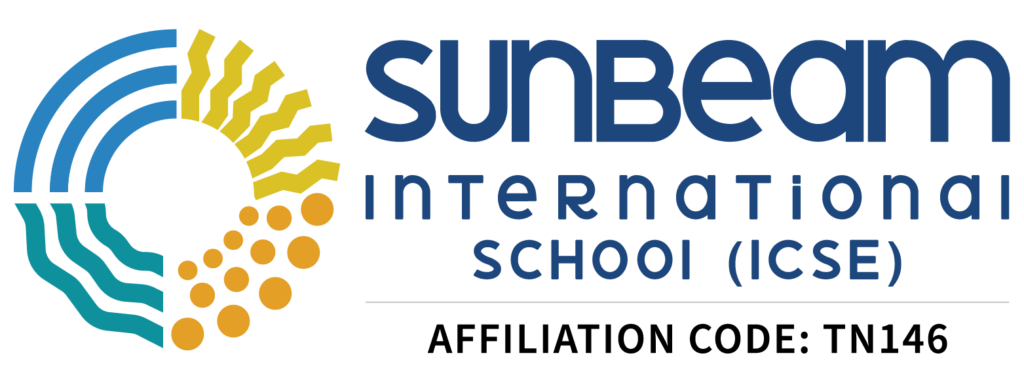

Experiential learning, an educational approach where students engage directly in real-world experiences, is increasingly recognized as the future of education. This hands-on methodology not only deepens understanding but also equips learners with essential skills for the modern world.
Enhanced Knowledge Retention
Enhanced Knowledge Retention
Traditional rote learning often leads to superficial understanding. In contrast, experiential learning immerses students in practical activities, leading to a 70% increase in knowledge retention compared to conventional methods.
Development of Critical Skills
By engaging in real-world tasks, students cultivate critical thinking, problem-solving, and adaptability. These experiences encourage learners to analyze complex problems, collaborate effectively, and develop resilience—attributes vital for personal and professional success.
Bridging Theory and Practice
Experiential learning bridges the gap between academic theories and practical application. For instance, integrating virtual reality (VR) into education allows students to explore environments like historical sites or scientific simulations, making abstract concepts tangible and enhancing engagement.
Fostering Motivation and Engagement
When students see the relevance of their studies to real-life scenarios, their motivation and engagement soar.Experiential learning provides this context, making education more meaningful and inspiring a lifelong passion for learning.

Preparing for Future Challenges
In a rapidly evolving world, the ability to apply knowledge in diverse situations is crucial. Experiential learning equips students with the confidence and competence to navigate future challenges, ensuring they are not just passive recipients of information but active contributors to society.
Embracing experiential learning transforms education into a dynamic process, preparing students to thrive in an ever-changing global landscape.
– SBIS Editorial team
Quick Links
Newsletter
© 2024 - Sunbeam International School. All Rights Reserved.
deneme bonusu veren siteler madridbet kingroyal meritking deneme bonusu casino siteleri cihat aydın grandpashabet sahibi grandpashabet sahibi mustafa özer mustafa özer meritking güncel giriş meritking güncel meritking giriş meritking haber haber haber haber haber child porn child porn child porn child porn child porn child porn child porn wingobet giriş wingobet meritking resmi giriş meritking 2026 meritking güncel giriş meritking giriş meritking john backlink test casino siteleri slot siteleri meritking güncel giriş meritking 2026 meritking giriş meritking lisanslı casino siteleri yasal casino siteleri güncel casino siteleri yeni casino siteleri casino siteleri cryptobet güncel cryptobet güncel giriş cryptobet giriş cryptobet


